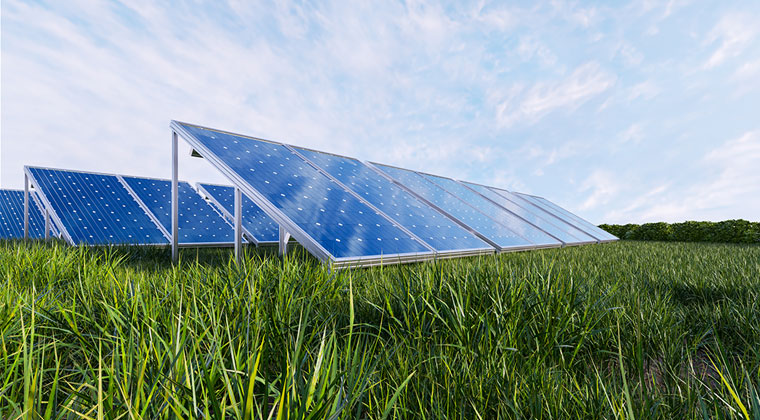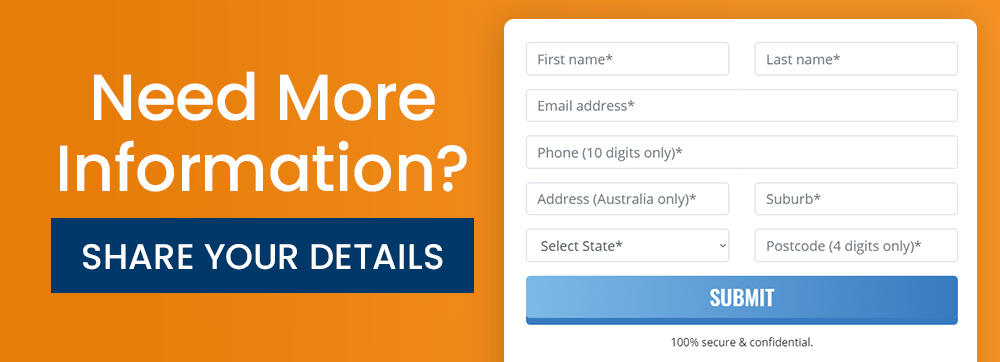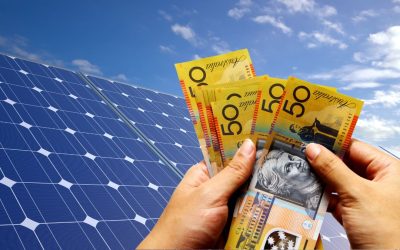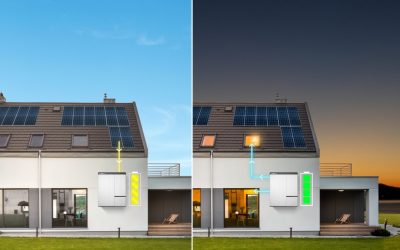Interested in knowing more about solar panels or solar energy?
Whether the climate is hot or cold, solar energy is always a hot topic across the globe. That’s why we wanted to offer our readers some basic information on what solar panels are, what type of solar panels are available, how they work and the benefits of using them.
People get confused between solar panels and solar energy and use these two terms as synonyms. At present, solar panels are most effective to generate electricity as a renewable energy source. They work by converting sunlight into usable power for your home or business. This is done by using photovoltaic cells, which turn light (not heat) into electricity. If you have more sun on your property, the more power you can produce to save on energy bills!
1. What are solar panels?
Solar panels are devices used to convert the sun’s light (not heat) or radiation into electricity. The way they work is simple. They consist of crystalline (mono or poly) silicon wafers spread on top of glass or plastic sheets that act as support platforms and have a protective layer film in between the two.
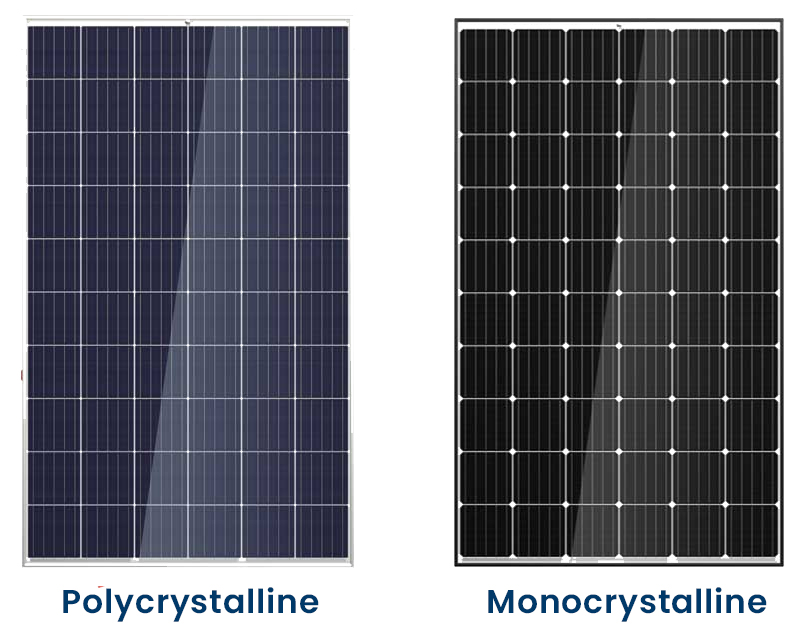
Solar panels are an essential component of the Solar PV System that create what is known as ‘green electricity ‘. This is the main component of the solar-powered system.
Solar PV is a renewable energy source that does not produce any harmful gas or pollution like CO2 emissions, primarily the cause of global climate change. Try as much as you can to use green power sources such as solar energy when using electrical appliances or to upgrade the home infrastructure for more power needs.
2. How do solar panels generate electricity?
Photovoltaic cells are the core of solar panels, harvesting energy from sunlight and turning it into electricity by capturing light and turning it directly into power through an electric field.
You might think this sounds like science something out of a Hollywood movie, but in reality, this process has been around since ages!
When sunlight hits the solar panel (mounted on your roof), it makes electrons in the silicon wafers vibrate at such high frequencies that an electric current is produced.
This solar current (Direct Current or DC) can then be stored in batteries or transformed into alternating current (AC) with the help of a solar inverter. The AC current is then fed into your home’s electrical network. Then it is distributed to all of the appliances in a manner that allows them to be powered just like any other power source.
3. How can I purchase a Solar Power System?
There are 5 options to choose from when purchasing your solar power system:
i) Self-installation, by doing it yourself (DIY),
ii) CEC Approved Solar Power Installation Company and
iii) Independent Installer
Each option has its advantages and disadvantages. If you want to save time, money and want to have things done correctly right from the start, then go with “CEC Approved Solar Power Installation Company”.
This way, you will:
- have a warranty on all parts for 25 years if anything goes wrong with your system,
- get a 5-year warranty on the whole system and
- receive a performance warranty
It ensures that your system generates enough electricity to make it profitable for you and your business.
4. What type of solar panels are good for my property?
The solar panels you choose can make a big difference when it comes to output performance. Monocrystalline has higher production than Polycrystalines, but they’re more expensive. However, many businesses prefer mono-crystal for commercial purposes like producing electricity or powering air conditioners instead of Polycrystalline.
If you’re interested in the details of different solar panels, download our free solar consumer guide to compare performance characteristics and pros/cons.
Some manufacturers have higher efficiency rates than others which means they generate more electricity per panel installed or cost less on a monthly basis when compared with other brands that do not offer as much output (higher wattage).
Solar panels are all about the specifications of their output. Solar panels are a great way to harness the power of the sun. Solar panel specifications give you all that information about their production output and how long their lifespan is. Still, whichever type you choose, there’s one thing for sure – your solar panels won’t disappoint!
You’ll be able to save money on your electric bill and help reduce our dependence on fossil fuels with solar panels. Plus, they’re easy to install and maintain – so there’s no need to worry about them breaking down!
Get started today by booking an appointment for all the information you need about how it works and what benefits it has!Get started today by booking an appointment for all the information you need about how it works and what benefits it has!

